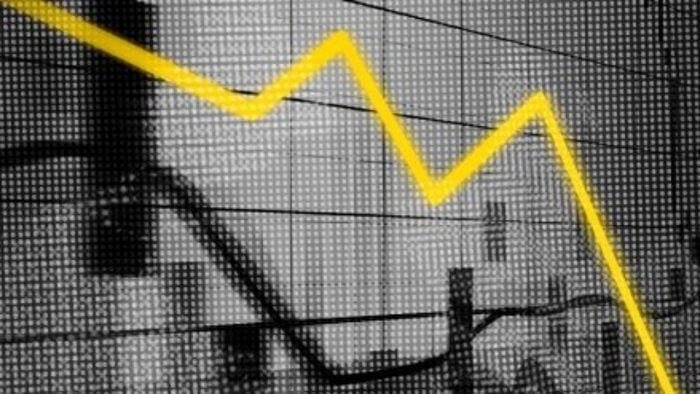
Shares of India's Avenue Supermarts Ltd, which operates the D-Mart retail chain, fell to a six-month low on Monday after reporting a contraction in core quarterly profit margins due to weak discretionary demand.
The company said its earnings margin before interest, taxes, depreciation, and amortisation fell to 8.34 per cent in the third quarter from 9.39 per cent a year earlier.
Multiple brokerages cited weakness in Avenue's general merchandise and apparel (GM&A) category as consumers still reeling from the impact of the high cost of living scaled-back spending.
D-Mart, known for regular discounts on everything from pulses to clothes, has seen its discretionary, or non-essential unit "surprisingly impacted" by high inflation, brokerage Prabhudas Lilladher said.
That led to the category's contribution to sales below pre-Covid levels even as the country rebounded from pandemic lows, several analysts wrote in their notes.
GM&A is the highest margin category for Avenue, clocking over 20 per cent, Centrum Institutional Research estimated.
"Sales per square feet and gross margins will improve once the full recovery in GM&A happens," the brokerage wrote in a note.
Kotak Institutional Equities analysts said a standalone net profit of around 6.4 billion rupees ($78.73 million) was 9 per cent short of the brokerage's estimates even as foods and packaged goods sales drove a 9.4 per cent increase in consolidated quarterly profit.
Still, Avenue could book sales benefits in the long run as consumers feeling the inflation pinch increasingly prefer discounted goods, analysts said.
The current average rating of 26 brokerages on the stock is "hold," with a median price target of 4,050 rupees, according to Refinitiv data.
Avenue's shares, which had in 2022 recorded their first annual decline, slipped as much as 5.7 per cent to 3,645.20 rupees on Monday.
($1 = 81.2950 Indian rupees)